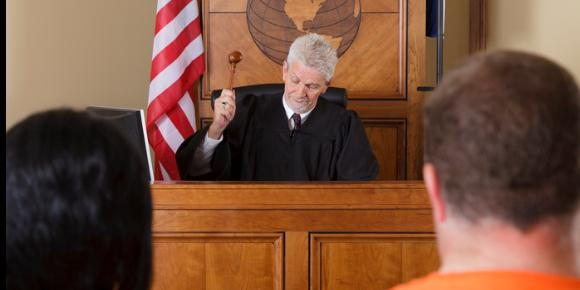
- posted: Oct. 30, 2023
- Criminal Defense
If you have been convicted of a crime in Florida, you have the right to appeal to the Florida District Court of Appeals. The appellate court will review the trial record and decide whether the lower court made any legal errors. If an error is found, the appeals court can overturn the conviction, order a new trial or modify the sentence.
There are several possible grounds for appealing a criminal conviction. Some of the most common ones are these:
- Ineffective assistance of counsel — Your defense attorney may not have provided you with the level of representation that a reasonably competent attorney would have given.
- Prosecutorial misconduct — The prosecutor may have engaged in improper conduct during the trial, such as introducing inadmissible evidence or making inflammatory statements to the jury.
- Juror misconduct — One or more jurors may have engaged in improper conduct, such as discussing the case with outsiders or conducting their own independent investigation.
- Errors in the admission or exclusion of evidence — The trial court may have made a mistake in allowing evidence that was harmful or in excluding evidence that could have been helpful.
- Errors in the jury instructions — The trial court may have given the jury incorrect instructions on the law or its interpretation.
- Excessive sentence — The trial court may have imposed a sentence that is harsher than what is allowed by law.
If the appellate court affirms the conviction, your next option is to file a petition for review with the Florida Supreme Court. That court is not required to grant your petition for review, but it may do so if it believes that your case raises an important legal issue.
Filing a Motion for Postconviction Relief
A motion for postconviction relief is a different path for challenging a criminal conviction in Florida. There are two types of motions for postconviction relief:
- Motion for a new trial — This is based on newly discovered evidence or other grounds that could not have been raised on direct appeal.
- Motion to vacate or modify a judgment or sentence — This is based on a claim that the conviction was unconstitutionally obtained or that the sentence is excessive in violation of law.
The main difference between an appeal and a motion for postconviction relief is the scope of review. An appellate court will only review the trial record to determine whether the trial court made any legal errors. The court that hears a motion for postconviction relief, on the other hand, can consider new evidence and other claims that could not have been raised on direct appeal. If you have been convicted of a crime in Florida, you should contact an experienced criminal defense attorney to discuss your options.
The Law Offices of Tad A. Yates, P.C. in Orlando represents Florida residents in a wide range of criminal matters, including appeals. Please call us at 407-608-7777 or contact us online to arrange a free initial consultation.


